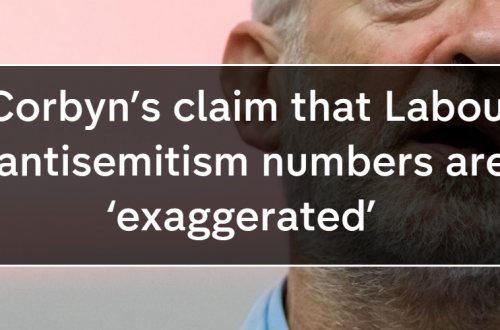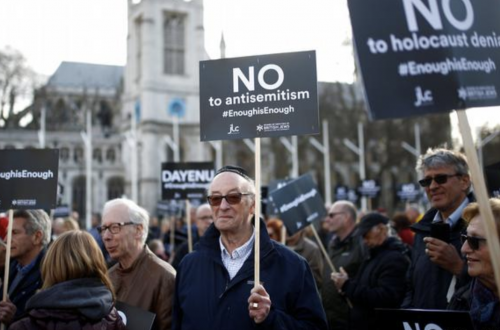Cross-posted from my blog at the Times of Israel
If you visit a synagogue in my native London the chances are that you will be subject to security measures the likes of which you’ll find at no other house of prayer in the UK. You’re likely to be subject to questioning as to why you’re there, a bag search and any other security measures deemed necessary. In the wake of the shooting at the Jewish museum in Brussels, the school shooting in Toulouse two years ago and any one of a hundred other incidents in the past, you can hardly blame the Jews for being so security conscious. But it’s hardly just a diaspora problem. A Jew is more likely to be killed by an anti-Semite in Israel than anywhere else. With a range of enemies attacking Israel the Jewish state is hardly a safe haven for Jews. In fact quite the opposite, often when booking vacations to Israel Jews in the diaspora have to think twice depending on the security situation. So where does that leave Zionism today?
Zionism, which was established both from the grassroots as a way to escape pogroms in Russia and by the elite of European Jewry in the form of Herzl and the Zionist Congress as an answer to anti-Semitism in Europe has clearly failed. Not only does anti-Semitism still exist all over the world but Israelis, in Israel are also being killed by terrorists holding a profoundly anti-Semitic ideology.
Having said that when comparing anti-Semitism today with at the turn of the nineteenth century one can see a major improvement. According to the historian Benny Morris, approximately 800 Jews were murdered in pogroms in 1905 alone.The wave of (state sponsored) pogroms that occurred in the wake of the Russian revolution (a wave ending in 1921) “claimed perhaps as many as 60,000 lives” he adds in his book Righteous Victims.
When talking of Jewish suffering in Europe people most often reference the Holocaust. The truth is that murdering Jews was sport in Eastern Europe long before Hitler came along. Zionism erupted as an answer to this both as a grassroots movement through Hovevei Zion and politically through the Zionist Congress. Whereas many trace the establishment of the state of Israel to international sympathy in the wake of the Second World War the only reason it was even an option is because of the Zionist movement’s work for the previous 50 years.
But now in 2014 we find ourselves in a radically different situation to the one faced in the wake of World War 2. No longer are Jews being slaughtered in their hundreds. Anti-Semitic atrocities are taking the lives of a couple of individual Jews at a time in the diaspora and the kind of terrorist attacks that took the lives of tens of Jews at a time in Israel have, thankfully not been seen for several years. In fact, Israel is more powerful than ever before. The state of Israel no longer faces an existential threat as it has for most of its existence. The ideology that brought Israel into being has, however split down the middle.
On the one extreme Zionism has continued to be about settling the land of Israel. In that respect it has changed very little from the pre state days, though it has adopted a more religious approach. The secular Jewish settlers who were concerned with creating a new Jew, one who has left the confines of the ghetto behind have given way to national religious settlers looking to settle the West Bank. Hoping to ensure continued control over Jewish holy sites. On the other side lie largely secular intellectuals arguing that Zionism in the 21st century is knowing when to stop. They argue pursuing settlement now means risking the state the pioneers managed to build in the first place. Somewhere In the middle lies everyone else.
But when it comes to anti-Semitism no one seems to have much to say. Whereas once anti-Semitism was answered by the call to move to Israel now it is met with simple condemnation on the political diplomatic level. Meanwhile aliyah, particularly from France is rising. But this isn’t Zionism, this is simply the result of anti-Semitism. Jews running from hatred rather than running to the Jewish homeland. When they are here they’ll find only more challenges.
The question is, in these modern times, is Zionism even still relevant? It seems to have become exclusively a battleground between those with opposing opinions regarding the settlements. In the debate the future of the Jewish people as a whole seems to have been forgotten.


